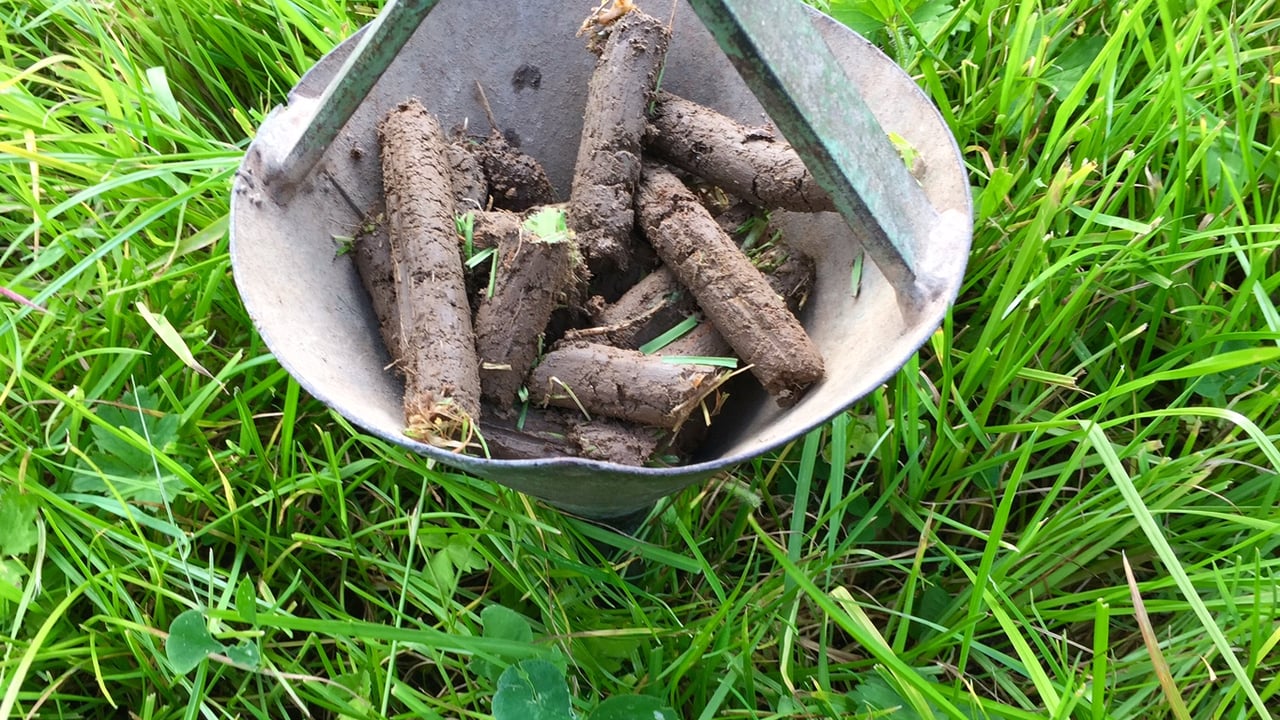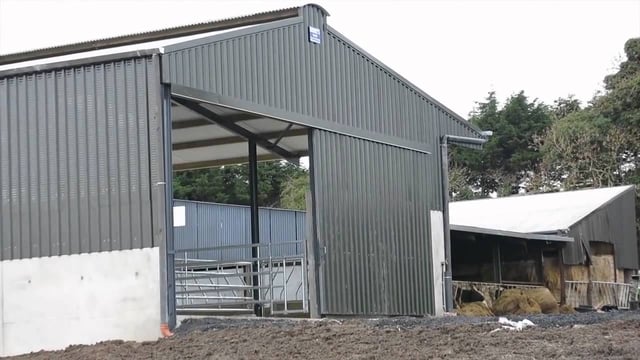Nutrient imbalances across two-thirds of Irish soils - report
Over 60% of Irish soils were found to be deficient in phosphorus (P), according to the findings of a new report.
IAS Laboratories has today (Wednesday, February 5) published an annual soil summary report for 2023-2024, compiling data from thousands of soil samples taken across Ireland.
The data reveals that there are significant nutrient imbalances across two-thirds of Irish soils.
Carlow-based IAS Laboratories specialises in agricultural and environmental testing, with 30 years’ expertise in agricultural soil testing and silage analysis.
This inaugural soil summary is compiled from 45,000 soil samples collected across Ireland between June 2023 and May 2024.
The key findings show that while the average soil pH was 6.4, which is close to the ideal range for crop growth, some 37% of samples fell below pH 6.0.
According to the laboratory, low soil pH reduces the availability of key nutrients, which has an impact on the efficient use of applied fertilisers.
It also increases the availability of aluminium and manganese, which can reach toxic levels and harm plant roots, reducing their ability to absorb water and nutrients.
The report also found that 63% of soils were deficient in phosphorus, which can limit crop yields.
Some 15% of soils had too much phosphorus, which poses potential environmental risks through leaching.
Dr. Sajjad Awan, agronomy manager at NRM, IAS Laboratories’ sister company, said that the findings in this report are "a wake-up call".
"The soil data that we analysed last season shows that there are some serious nutrient deficiencies in most Irish soils.
"Over 30 years, we’ve seen similar deficiencies in the UK at NRM, prompting us to launch a soil summary for IAS to see how soils are faring in Ireland and to help farmers decide what to do with that information," he said.
"It’s concerning that imbalances seem to be the norm, and whilst weather conditions do have an impact on nutrient availability and crop yields, it’s important to learn from the data to work towards overall improvement," Dr. Awan added.
Dr. Awan said that in order to help optimise soil nutrient levels soils should be tested more regularly.
"Testing is the only way to get the information required to start taking steps towards evening out these issues and imbalances.
"However, many farmers either don’t test frequently enough or are failing to act on their results.
"Regular soil testing is so beneficial, as it provides crucial insights into the nutrient status of the soil.
"This helps farmers and land managers make informed decisions about fertilisation and soil amendments for optimal farm productivity.
"Consistent testing also allows farmers to track progress year-after-year, leading to measurable improvements in both productivity and profitability over time.
"We recommend testing all fields once every four years, or rotating through a quarter of fields annually," he said.






